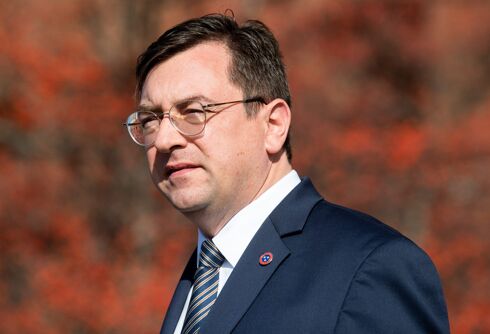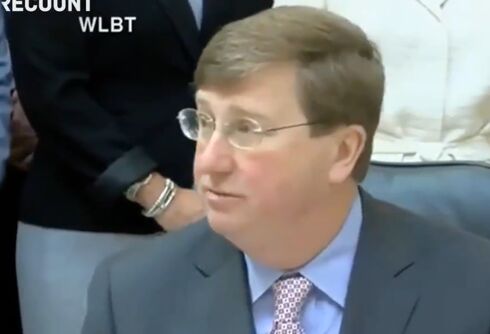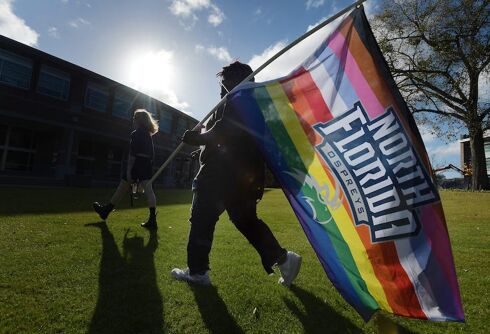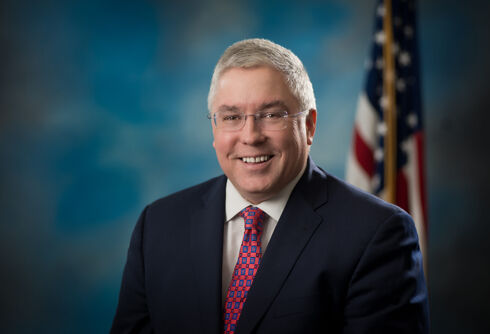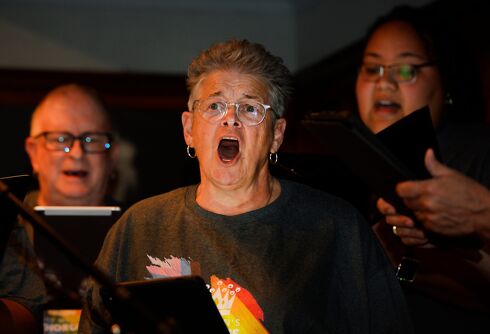
WASHINGTON — The Supreme Court won’t duck the issue of same-sex marriage the next time a case comes to the court, Justice Ruth Bader Ginsburg says.
The 81-year-old Ginsburg said in an interview with The Associated Press on Thursday that she expects a same-sex marriage case to be heard and decided by June 2016, and possibly a year earlier.
Attitudes have changed swiftly in favor of same-sex marriage, which is now legal in 19 states and the District of Columbia, Ginsburg said in her wood-paneled office on the court’s main floor.
She predicted that the justices would not delay ruling as they did on interracial marriage bans, which were not formally struck down until 1967.
Never Miss a Beat
Subscribe to our newsletter to stay ahead of the latest LGBTQ+ political news and insights.
“I think the court will not do what they did in the old days when they continually ducked the issue of miscegenation,” Ginsburg said. “If a case is properly before the court, they will take it.”
The comment marked something of a change for Ginsburg, who previously had been seen as wary about the court getting too far ahead of the country in ruling on major social issues.
The justices decided two same-sex marriage cases in June 2013. Ginsburg was in the majority to strike down part of the anti-gay marriage Defense of Marriage Act. She also was part of a court majority that declined to rule on the merits of California’s Proposition 8 that defined marriage as between a man and a woman. The effect of the decision was to allow same-sex unions to resume in California, but the high court said nothing about the right to marry.
Appeals courts in Denver and Richmond, Virginia, have upheld lower court rulings striking down state constitutional bans on same-sex marriage. Any of those cases could make their way to the Supreme Court in the coming months.
Article continues below
“Right now, I don’t see any sign that I’m less able to do the job,” she said.
She directed a feisty response to law professors Randall Kennedy of Harvard Law School and Erwin Chemerinsky, dean of the law school at the University of California at Irvine, who have called on her to step down now.
“So who do you think could be nominated now that would get through the Senate that you would rather see on the court than me?” she said.
This material may not be published, broadcast, rewritten, or redistributed.






